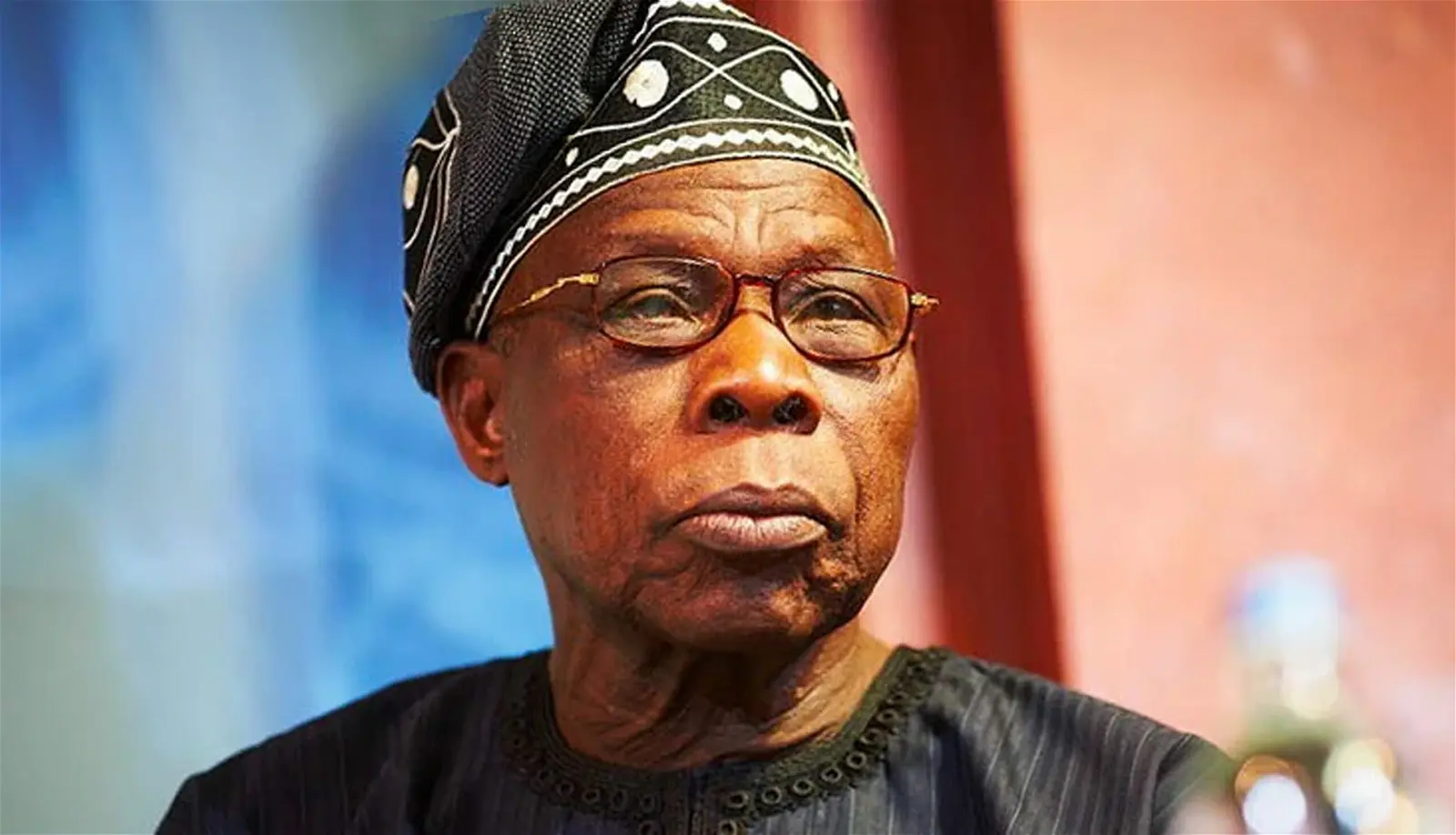NRS bill: Tinubu may stop Customs, NPA, others from collecting revenue

President Bola Tinubu may bar revenue-generating agencies from collecting revenues on behalf of the Federal Government as he plans to introduce a single agency – Nigeria Revenue Service – to handle the task.
This came as the Federal Government instituted a comprehensive set of fresh tax reforms aimed at significantly boosting revenue collection.
The reforms, designed to enhance the efficiency of collecting direct taxes, along with various levies that are imposed on behalf of the government, will bar the Nigerian Customs Service, Nigerian Ports Authority, and 60 other revenue collection agencies from participating in revenue collection activities, but will lead to the creation of the Nigeria Revenue Service.
By implementing these changes, the government seeks to streamline the tax collection process, ensuring that all taxable entities contribute their fair share and that the revenue generated is maximised to support public services and infrastructure development.
The policy directive was instituted on Thursday when the President forwarded four executive bills to the National Assembly for consideration, aiming to implement significant tax reforms.
Nigeria is contending with a revenue challenge that cuts across all government tiers but wants to attain a minimum tax-to-GDP ratio of 18 per cent. The country’s tax-to-GDP ratio is below Africa’s average and ranks as one of the lowest in the world.
This has led to fiscal deficit and over-reliance on borrowing to finance public spending resulting in a cycle of inadequate funding for socio-economic development.
One of the key proposals is the renaming of the Federal Inland Revenue Service to the Nigeria Revenue Service.
A source at the Presidency, however, hinted that the new bill would not lead to a merger but seek to remove the revenue collection arm from the agencies and allocate its function to the Nigerian Revenue Services.
“There is no merger of agencies. The bill will only take the revenue collection arm of each agency involved and take it to the Nigerian Revenue Service.
“The plan is that the new revenue agency will be like the US or UK revenue agency that collects all government revenues while other revenue agencies like NIMASA, NPA, Customs, etc, will now focus on their core mandate, which is trade facilitation. There is no merger at all,” the official said.
The bill seeking the name change for FIRS was outlined in a letter read by Senate President, Godswill Akpabio, and the Speaker, House of Representatives, Tajudeen Abbas, during the plenary sessions.
The proposed law, titled the Nigeria Revenue Service (Establishment) Bill, seeks to repeal the Federal Inland Revenue Service (Establishment) Act, No. 13, 2007, and establish the Nigeria Revenue Service.
According to Tinubu, the new agency will be responsible for assessing, collecting, and accounting for revenue accruing to the government.
In addition to the name change, Tinubu submitted three other tax reform bills under the title, ‘Transmission of Fiscal Policy and Tax Reform Bills’ to the National Assembly.
The President also transmitted to the parliament the Joint Revenue Board Establishment Bill, which seeks to create a Tax Tribunal and a Tax Ombudsman.
He wrote, “The Nigeria Tax Bill: This bill seeks to provide a consolidated fiscal framework for taxation in the country.
“The Nigeria Tax Administration Bill: Aimed at offering a clear and concise legal framework, this bill will ensure the fair, consistent, and efficient administration of tax laws, facilitating ease of tax compliance, reducing disputes, and optimizing revenue collection.
“The Joint Revenue Board (Establishment) Bill: This proposal seeks to establish the Joint Revenue Board, the Tax Appeal Tribunal, and the Office of the Tax Ombudsman, which will work to harmonise, coordinate, and resolve disputes arising from revenue administration in Nigeria.”
Tinubu emphasised that the proposed tax bills would have far-reaching benefits for the country, promoting taxpayer compliance, strengthening fiscal institutions, and fostering a more effective and transparent fiscal regime.
“I am confident that the bills, when passed, will encourage investment, boost consumer spending, and stimulate Nigeria’s economic growth,” Tinubu stated.
On the floor of the House of Representatives, Speaker, Abbas, confirmed receipt of the bills, stressing that they were designed in line with the objectives of the present administration.
He noted that when passed into law, the bills would encourage the growth and sustainability of the economy.
The House also consolidated six bills seeking the repeal of the Fiscal Responsibility Act, 2007 to enact the Fiscal Responsibility Bill, 2024.
The bill aims at ensuring prudent management of the nation’s resources, ensuring long-term macro-economic stability of the national economy; and securing greater accountability and transparency in fiscal operations within the medium-term fiscal policy framework.
Abbas, who presided over plenary, urged the Committee on Rules and Business to fix a date for debate on the general principles of the newly consolidated bills.
The PUNCH recalls that the tax reforms are policy recommendations from Taiwo Oyedele’s Presidential Fiscal Policy and Tax Reforms Committee, which seeks to reduce taxes in the country from the current 62 to a maximum of nine.
It also aligns with the recommendations of the President Tinubu Policy Advisory Council, which proposed declaring a state of emergency on revenue generation in the country.
Speaking in an earlier interview, Oyedele noted that fiscal reforms were needed to protect small businesses, the vulnerable and the poor while effectively taxing the rich.
He said, “Revenue transformation for us means we can no longer continue to celebrate incremental progress because the base was just so small and for us, it wasn’t about raising the taxes from existing taxpayers.
“In fact, one of the things we found out is that poor persons are those paying taxes, so it is time for them to take a break which means we have to look at the system to take that burden away from the vulnerable people, small businesses and let the middle class and the rich who can afford to pay do so.
“We have a brand new national fiscal policy that sets the framework for where we want to be, where we want to go, what we want to do, and what we want to stop doing as a country. We have identified company income tax, personal income tax, value-added tax, stamp duty, capital gains, and excise tax and we have redrafted new ones.”
This new law will expunge the revenue collection function from 62 revenue-generating agencies and transfer the responsibility of revenue collection to a single agency to promote collection efficiency.
Some of the agencies include Federal Airports Authority of Nigeria, Nigerian Ports Authority, Federal Inland Revenue Service, Nigeria Deposit Insurance Corporation, Nigerian Meteorological Agency, National Agency for Food and Drug Administration and Control, Federal Road Safety Corps, Nigeria Customs Service, Standards Organisation of Nigeria and the Nigerian Airspace Management Agency.
Others are the Bank of Agriculture, Nigerian Bulk Electricity Trading, Tertiary Education Trust Fund, Federal Radio Corporation of Nigeria, Nigerian Railway Corporation, Federal Reporting Council of Nigeria, Nigerian Maritime Administration and Safety Agency, Corporate Affairs Commission, Nigeria Civil Aviation Authority, National Broadcasting Commission and Joint Admission Matriculation Board.
The Punch











